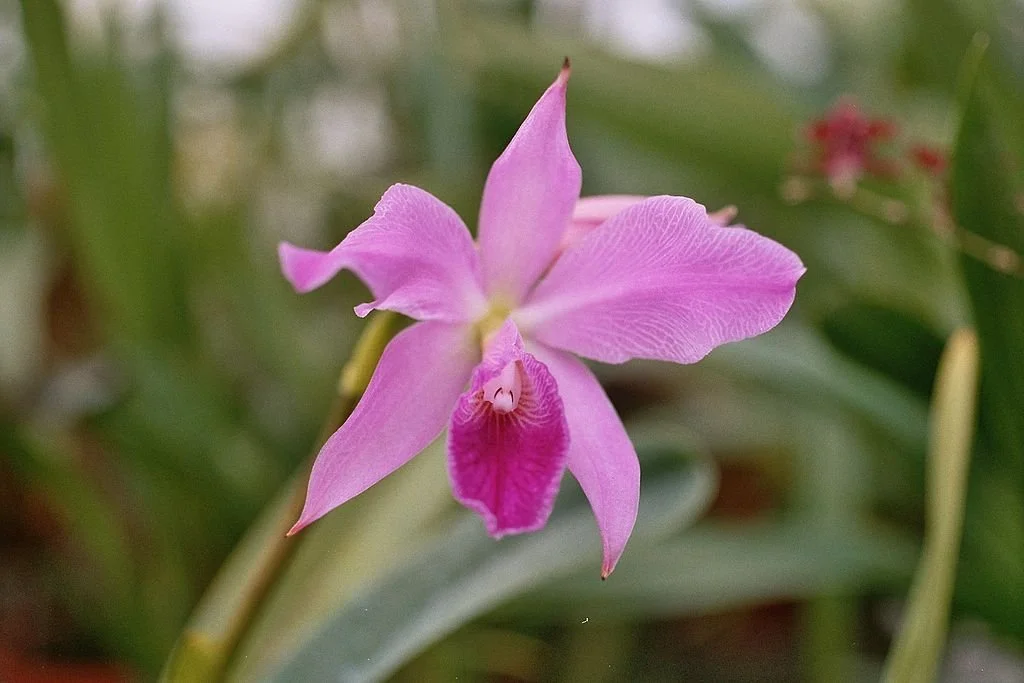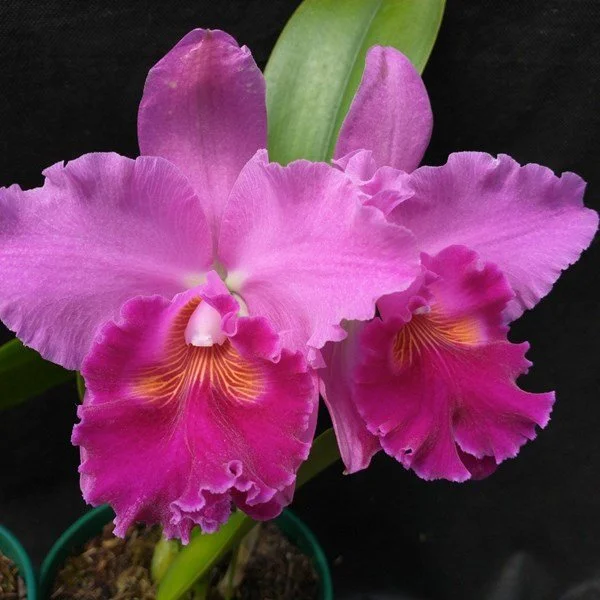
Cattleya labiata
The Atlantic Forest · Grace · Soft Strength
Suspended in the misty canopy of Brazil’s Atlantic Forest, where branches tangle and light moves slowly, blooms the Cattleya labiata — an epiphytic orchid that grows not in soil, but in air and relationship. Delicate in appearance, yet enduring by nature, it speaks to a truth often forgotten: what is soft can also be strong.
Botanical Essence
Cattleya labiata is native to the humid forests of eastern Brazil. As an epiphyte, it anchors not in the ground, but on tree bark, drawing moisture and nutrients from the air and rain. Its large, velvety blossoms — often pink to magenta with a golden throat — have made it a national icon of elegance and beauty.
Thriving high in the forest’s filtered light, it lives balanced between earth and sky, between exposure and protection.
Ancestral Wisdom
Orchids like Cattleya labiata have long been associated with love, beauty, and spiritual presence. In Indigenous and Afro-Brazilian traditions, they are seen as messengers of softness, sensuality, and stillness. But beneath the flower’s grace is a powerful teaching: strength is not always rooted in force — sometimes, it is the ability to remain open, high, and whole, even when untethered.
This orchid reminds us that being held — by others, by nature, by spirit — can be its own kind of root.
“I live without soil — held by the trees, nourished by the wind. I teach that softness can also be strong.”
Cattleya labiata represents the quiet endurance of those who live gently, but deeply. It calls us to trust the unseen supports — connection, air, balance — and to embrace a power that doesn’t demand, but invites. As part of the Seis Collection, it honors the lush wisdom of the Atlantic Forest, and the resilience that lives in tenderness, beauty, and stillness.



